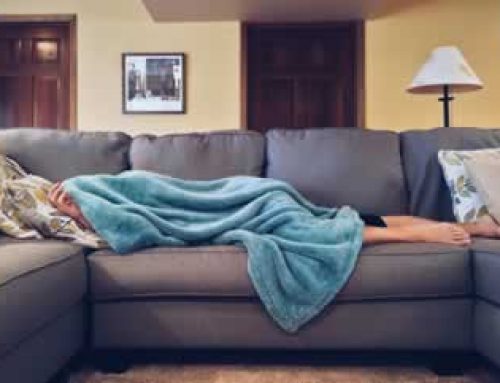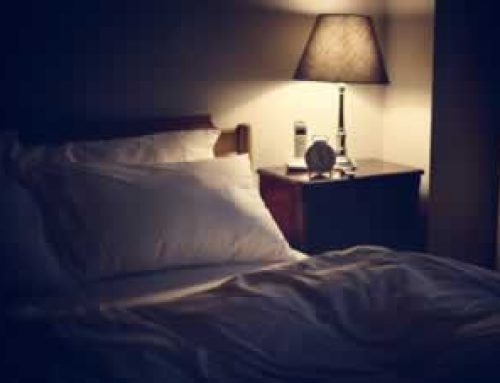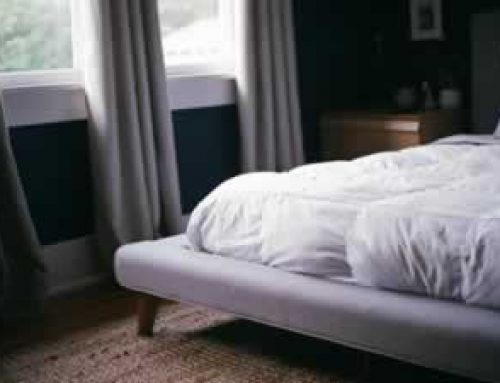How to Make Your Perfect Night’s Sleep A Reality
Reaping the rewards sleep has to offer requires a little work on your part. To create the perfect night’s sleep, you need to do a little prep work, set the stage, and minimize any potential interferences. It requires adding sleep in as an appointment with yourself into your daily schedule and making it an appointment that can’t be moved.
A schedule for success
Planning to get up and go to sleep at the same time every day is just the first step in getting the perfect night of sleep. You also need to plan out your day, so you take advantage of the key times to start and stop doing things. Here’s a sample schedule to inspire you:
6:00 am – Wake up (don’t hit the snooze!), exercise, get ready, eat breakfast
1-3 pm – Need a nap? This is the optimum time to take a 5-90 minute nap. Be sure to enjoy a cup of coffee or other caffeinated drink first.
3 pm – Stop drinking caffeine
6 pm – Finish up dinner. Last call for alcohol!
7 pm – Wrap up any low-intensity exercise like taking a walk or riding your bike.
7-8 pm – Turn off any blue light emitting electronics like your computer, tablet, smartphone, and TV.
9 pm – Stop working, studying, and stressing. Get ready for bed!
10 pm – Sweet dreams!
What is the perfect bedtime?
Researchers studied fitness tracker users of both genders and a variety of age groups in the US to discover the best sleep and wake times. They found that they perfect bedtime was 9:37 pm and the perfect wake time was 6:20 am for the best sleepers.
Optimal bedtime did vary a bit across time zones, though the best sleepers average 9 hours of sleep each night. 
- PST – 9:11 pm
- MST – 10:30 pm
- CST & EST – 10 pm
Looking at the best bedtime by age:
- Boomers – 9:26 pm
- GenXers – 9:37 pm
- Millennials – 9:45 pm
14 tips to help you get the perfect night’s sleep
- Dim your home’s lights about 3 hours before bedtime
- Keep a regular bedtime and wake-up schedule
- Don’t use your bed for anything other than sleep and sex
- Keep your room cool 65-74 degrees F
- Eat foods with tryptophan – like beans, peanut butter, and nuts – about 2-3 hours before bedtime
- Turn off the TV and other electronics at least an hour before bedtime
- Take a warm bath or shower before bedtime
- Use low, soft lights for nighttime reading
- Kick your pets and children out of your bed
- Try a few simple yoga stretches just before bedtime
- Block out the blue light from electronics like your smartphone, tablet, laptop, and TV in your bedroom
- Have sex! It reduced stress and boost oxytocin and dopamine for a surge of restful feelings.
- Use pink or white noise to block out annoying sounds and help you relax
- Get up and read if you can’t fall asleep after 20 minutes in bed
How to take the perfect shower or bath

Ending your day with a warm show or bath can be the perfect way to relax. It’s also a great way to signal your body it’s time for bed and warms it up just enough that it can cool down and ease you into sleep quickly.
Warm water delivers the following benefits:
- Lowers body tension and relaxes the muscles
- Reduces swelling and acts as a nasal decongestant
- Alleviates migraines
- Reduces anxiety
- Opens pores, removes toxins and cleans the skin
Enjoying a warm shower or bath at night accompanied by a cup of warm milk or tea may be the key to your perfect night’s sleep.








































